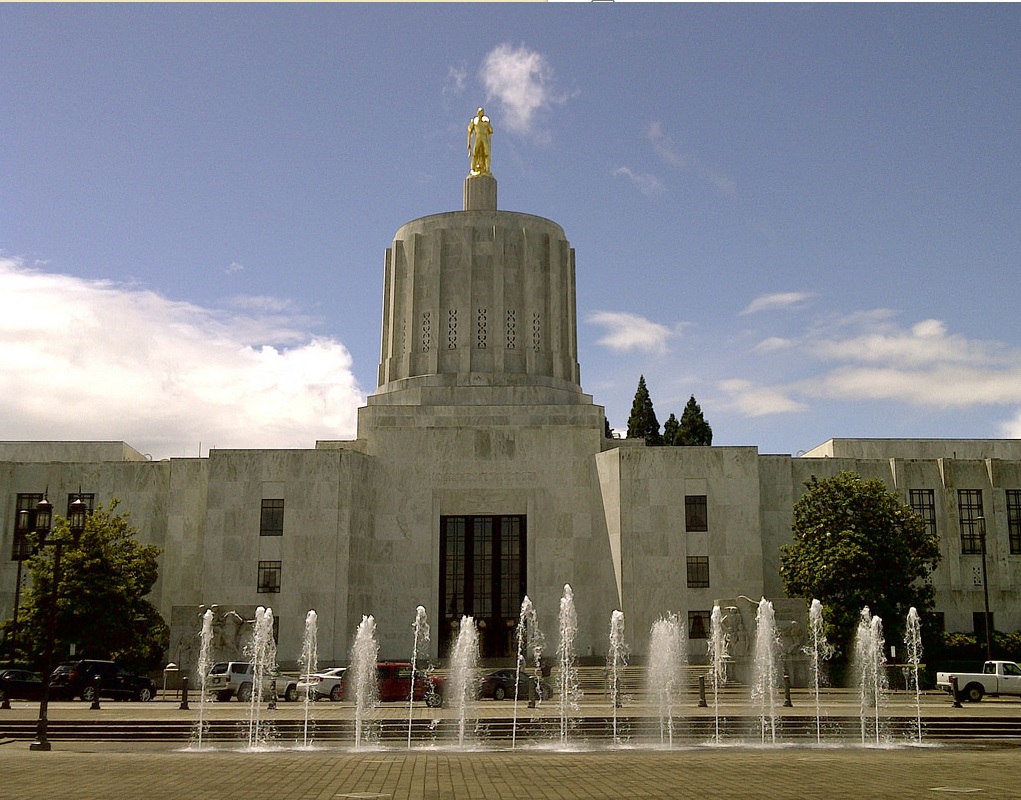 [5]
[5]
Oregon State Chamber of Commerce [6],
Press Release
OSCC Opposes HB 3427 and the $2+ billion gross receipts tax for the following reasons:
1. Punitive: Gross receipts taxes are punitive on low margin businesses and are not connected with the ability to pay. For instance, a business with a 2% profit margin would pay an effective additional income tax rate of 25% (on top of Oregon’s current business tax rates) based on a gross receipts tax rate of 0.49%.
2. HB 3427 hurts small businesses. The $1 million exemption in HB 3427 is far too low and translates into tens of thousands of small businesses paying taxes on sales and not profits.
3. HB 3427 punishes high-investment, high-growth startup businesses and creates significant barriers to new competitors. For the start-up businesses that are investing in production and spending high amounts of overhead to grow the business, they will be paying taxes under a CAT while most likely incurring what would otherwise be non-taxable losses under a corporate income tax. This hurts the start-up culture and upsets competitive balance between new and established businesses.
4 .The pyramiding effect, which compounds the tax burden at each step in production, is a feature of the HB 3427 gross receipts tax that will be costly to manufacturers with supply chains and even more costly to consumers as gross receipts taxes compound all the way to the consumer.
5. But above all else, OSCC opposes the $2 billion gross receipts tax in HB 3427 because of the many billions of dollars in additional taxes waiting in the wings in the 2019 legislature including such bills as HB 2020 and HB 2269.
It is unreasonable for the business community to agree to $2 billion in additional business taxes knowing that there is yet another $3 billion or more in additional taxes being proposed and advanced through this legislature that will not only put the brakes on Oregon’s economy, but will virtually guarantee that HB 3427 does not raise the revenue it purports to. Those additional cost pressures must be removed, in which case local business can support additional revenue to education in a manner that addresses the noted concerns.